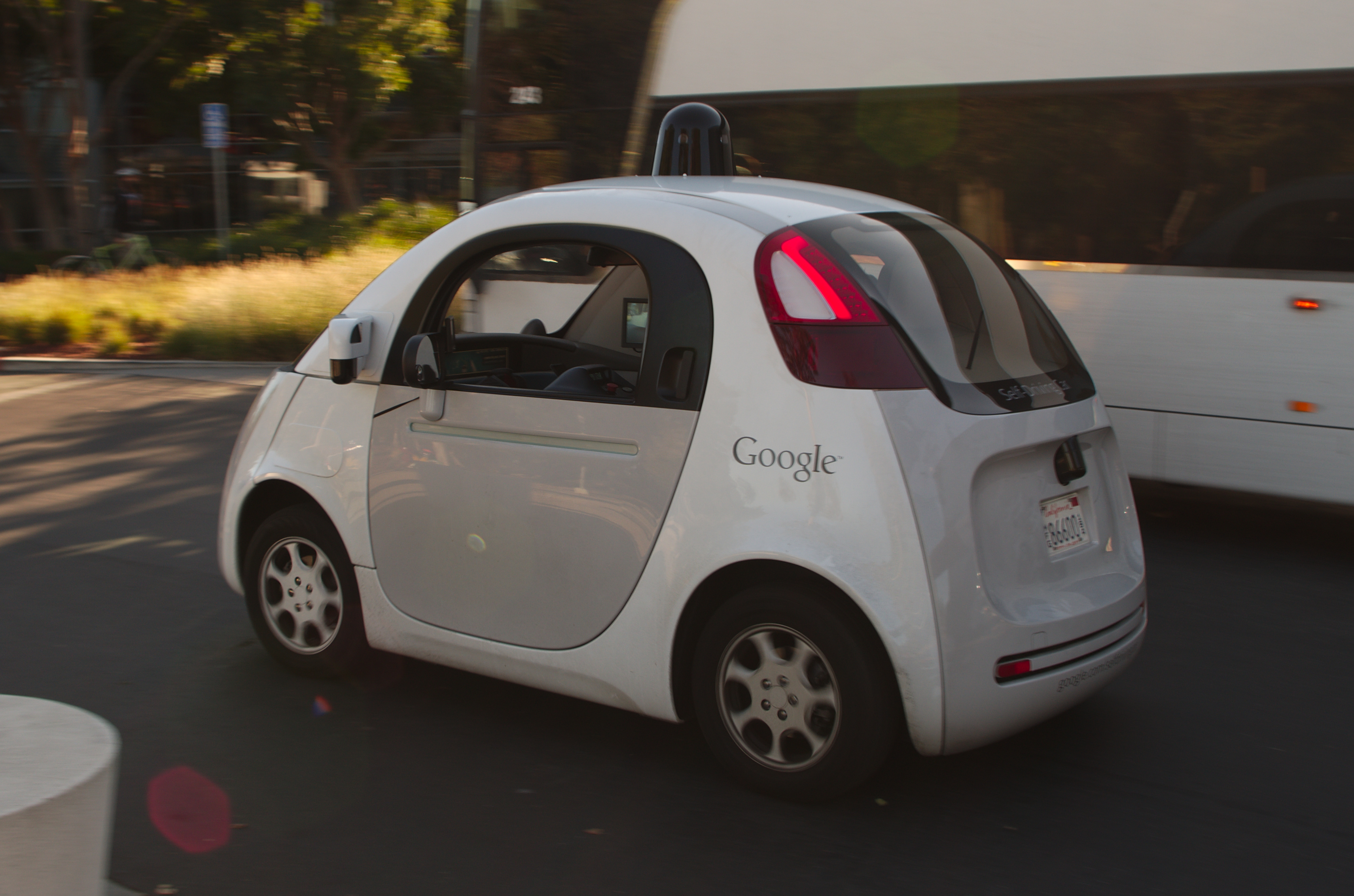 While it seems that pretty much everyone who is in any way involved in the automotive world agrees that driverless cars are definitely coming, there are still a lot of different opinions regarding their due date. There is no doubt in anyone’s mind that self-driven automobiles will hit the road in the near future, but predictions on when exactly consumers will be able to buy an autonomous car vary greatly between different automakers and tech companies that are working on autonomous driving technology.
While it seems that pretty much everyone who is in any way involved in the automotive world agrees that driverless cars are definitely coming, there are still a lot of different opinions regarding their due date. There is no doubt in anyone’s mind that self-driven automobiles will hit the road in the near future, but predictions on when exactly consumers will be able to buy an autonomous car vary greatly between different automakers and tech companies that are working on autonomous driving technology.
Google and Tesla Optimistic
One of the reasons behind the different forecasts for cars that drive themselves is the fact that different companies are at different stages of their self-driving car development efforts. As expected, the most optimistic predictions come from companies that have already made great advances in their driverless car research, such as tech giant Google and all-electric car maker Tesla Motors.
Elon Musk, the CEO of Tesla Motors, has said that he expects fully-autonomous cars to hit the market by 2023, claiming that self-driving technology will provide a better and safer riding experience than human drivers in about 4-5 years. Tesla already offers a couple of highly-advanced autonomous features in the Model S sedan, including “Autopilot“, allowing the car to drive itself on highways, along with the automated parking functionality.
Google Still with the Most Advanced Technology
However, even though Tesla’s driverless automobile technology may be a bit ahead of the technology being developed by other, more established automakers, it still lags behind Google’s autonomous car program. The robot cars that the search engine giant is currently testing on public roads in California and in few other states are capable of performing even the most complex driving maneuvers themselves. They can change lanes, drive through intersections, park, maintain a safe following distance behind other vehicles, as well as recognize traffic signals and obey all traffic rules, including posted speed limits.
That is why Google executives are confident that self-driven automobiles will be available for purchase sooner than the general public expects. Sergey Brin, one of the company’s co-founders, stated a couple of years ago that people will be able to buy a driverless vehicle as early as 2018, which does seem a bit too optimistic at the moment. But, given that Google has been working on autonomous vehicle technology much longer than Tesla or any other car maker, for that matter, any forecast that the tech company makes in regards to vehicles that drive themselves should be taken pretty seriously.
Google’s and Tesla’s forecasts on self-driving cars can be considered biased, so predictions made by organizations like the Insurance Institute for Highway Safety (IIHS) and IHS Automotive might seem a bit more realistic. The IIHS – an independent organization that provides various information that has to do with traffic safety and automotive trends and statistics – expects sales of driverless vehicles to begin by 2025, reaching almost 12 million per year by 2035.
Not for at Least Another 20 Years
According to IHS Automotive – an organization that provides services related to business strategy and tactics to automotive companies – fully-autonomous vehicles should not be expected to hit the road before 2035.
All things considered, it is safe to say that it will take at least ten more years until driverless cars can be introduced to the market, even though the technology that is needed to make unmanned cars a viable and safe transportation option is already here. The reason why it is too optimistic to expect that autonomous cars will be available for purchase sooner is that there are still a lot of obstacles that need to be resolved, including regulatory and legal issues, along with data privacy and security issues that need to be addressed.